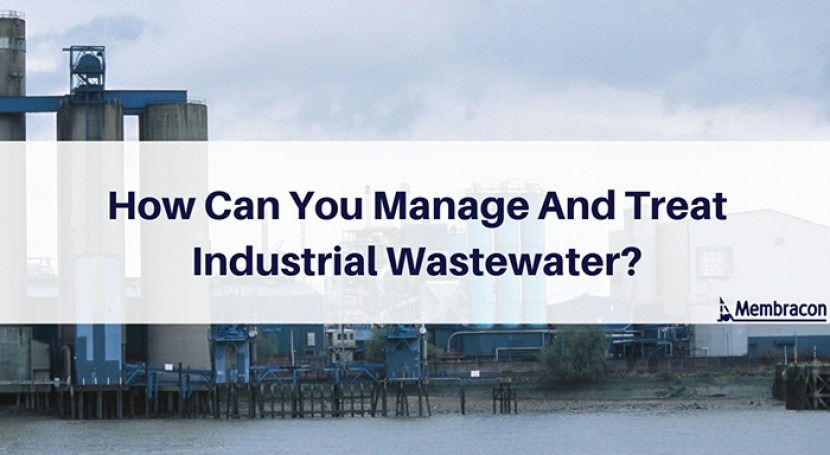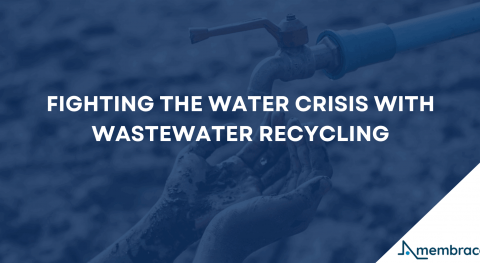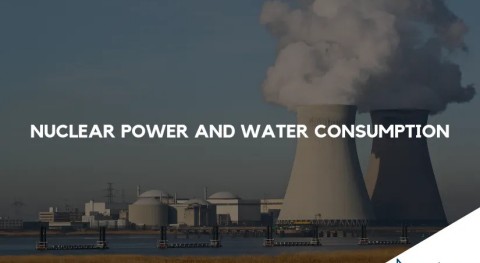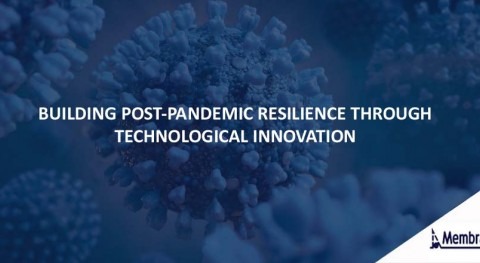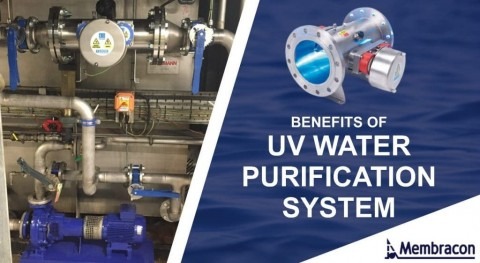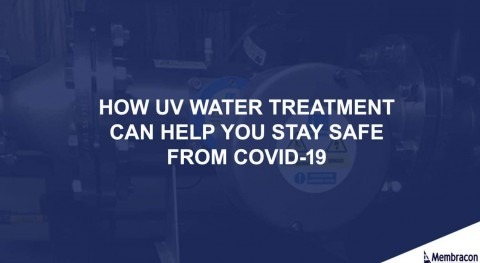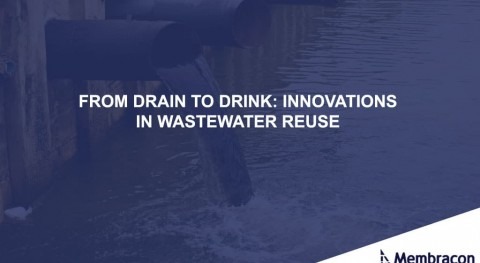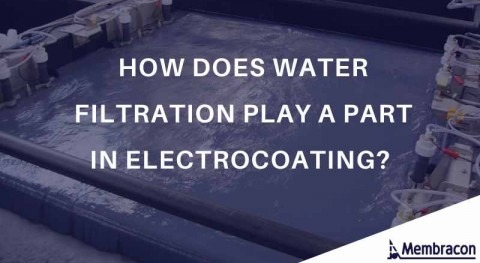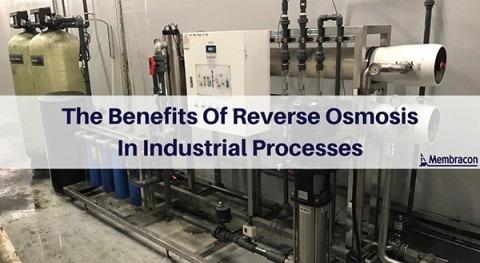Modern membrane technologies allow for the treatment of industrial wastewater solutions to be managed by an all in one system.
Dependent on the water issue and the quality of water you want to achieve, multiple units can be combined to create a bespoke water solution for your industrial process.
Industrial wastewater is mainly treated through the use of membranes; as water passes through, impurities are captured, leaving you with clean water to re-enter the water cycle or reuse in production.
More traditional treatments include the use of harsh chemicals; rising costs and growing health and safety hazards are seeing a decline in these methods.
What Industrial Wastewater Treatments Are Available?
There are a variety of wastewater treatments available for industrial processes, sometimes a combination of systems are put in place dependent on the water issue.
Wastewater treatments used in industrial processes:
- Reverse Osmosis (RO)
- Water Recycling Units
- Ceramic Filtration
- Ultrafiltration
- Nanofiltration
- Coarse Filtration
- UV Light
Reverse Osmosis
Reverse osmosis is becoming increasingly popular in wastewater management within the industrial process due to the many benefits it has. Its capable of rejecting 99.9% of bacteria, making it ideal for the use in pharmaceuticals pure water systems.
RO systems manage wastewater and themselves, as they are self-containing self-cleaning units. RO treats wastewater by using pressure to make the water pass through semi-permeable membranes, removing impurities as it passes.
Its doesn’t use any chemicals and requires very little maintenance, just a daily check by onsite personnel. Making RO an incredibly sustainable and green option for industrial wastewater management.
RO is already being used heavily in the automotive and aerospace industry in finishing processes to achieve precise water specifications to ensure the highest quality of the production parts.
Water Recycling Units & Ceramic Filtration
Water recycling units use ceramic membranes as they are able to provide filtration at high flows, whilst minimising membrane fouling.
They have the ability to be regenerated via a wide range of chemical and chemical cleaning conditions than the more conventional spiral and hollow fibre membranes.
The ceramic material allows them to filter fluids with a high concentration of oils, suspended solids and high viscosity.
Water recycling units are designed to assist Membrane Bio-Reactor (MBR) systems, which is a biological wastewater treatment process coupled with a membrane filtration system.
Ultrafiltration
Ultrafiltration spiral membranes are ideal for most concentration or clarification applications. Their construction suits a broad range of chemical, temperature and pressure applications.
They are energy-efficient, compact and economical to install, making them ideal for wastewater management in industrial processes.
UV Light
UV light wastewater treatment is used for bacterial control ensuring organisms are unable to replicate. They have a typical life of only a few minutes, making them harmless.
UV treatment does not affect the colour, taste or pH of the water. It can be used to remove chlorine, chloramines, ozone, bromine and a wide variety of organic contaminants, making them ideal for treating industrial wastewater.
Conclusion
There are a variety of systems that will manage and treat your industrial wastewater; units are tailored to each clients water issue.
Tighter regulations and harsher fines call for industrial companies to improve the way they treat and dispose of wastewater.
Environmental awareness is also increasing with the industrial sector being the biggest culprit of incorrectly treated wastewater.
Membracon design and build every unit fully bespoke to suit each customers requirements. The first step is to analyse your raw water, Membracon offers a free water analysis test to help you with this process.


